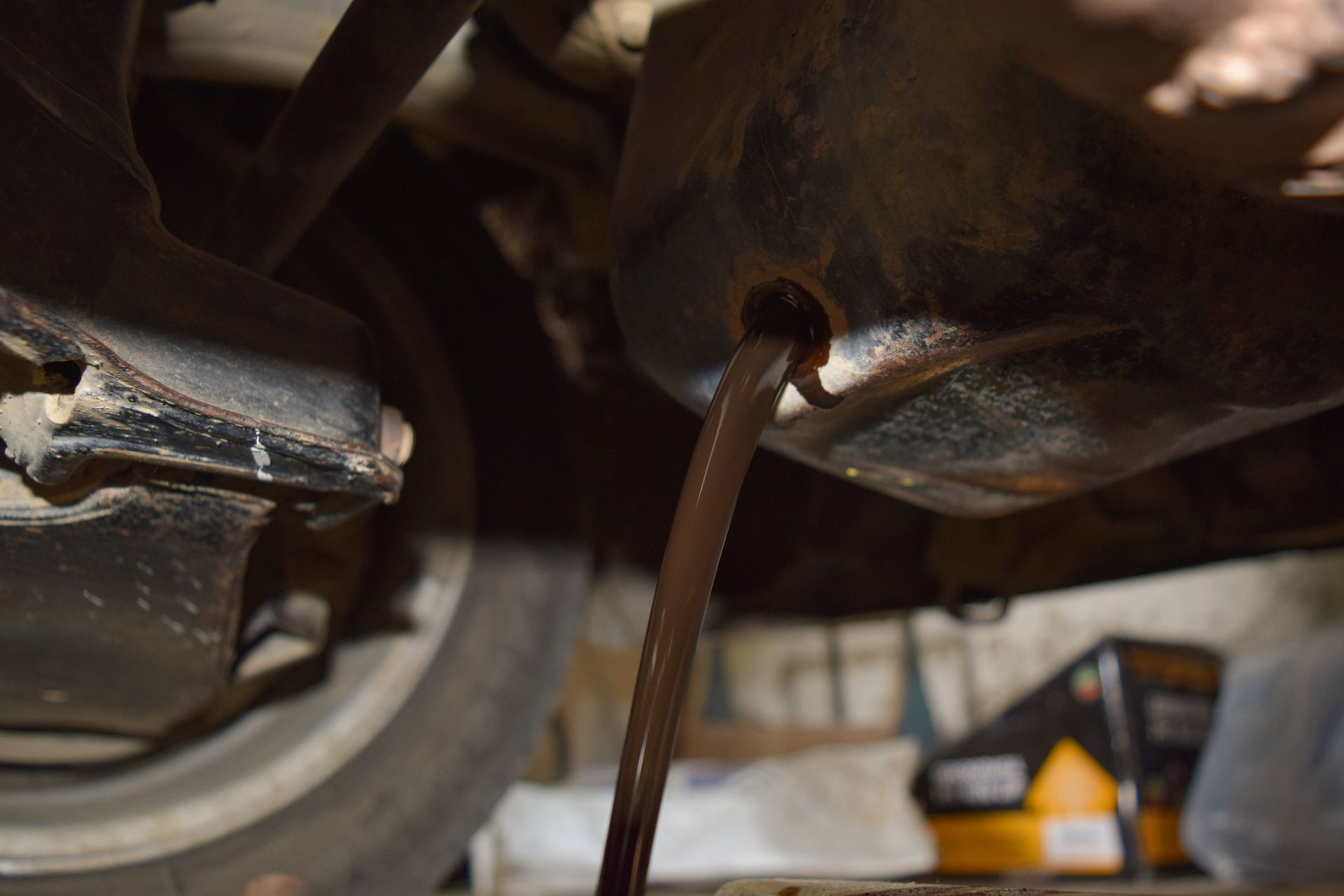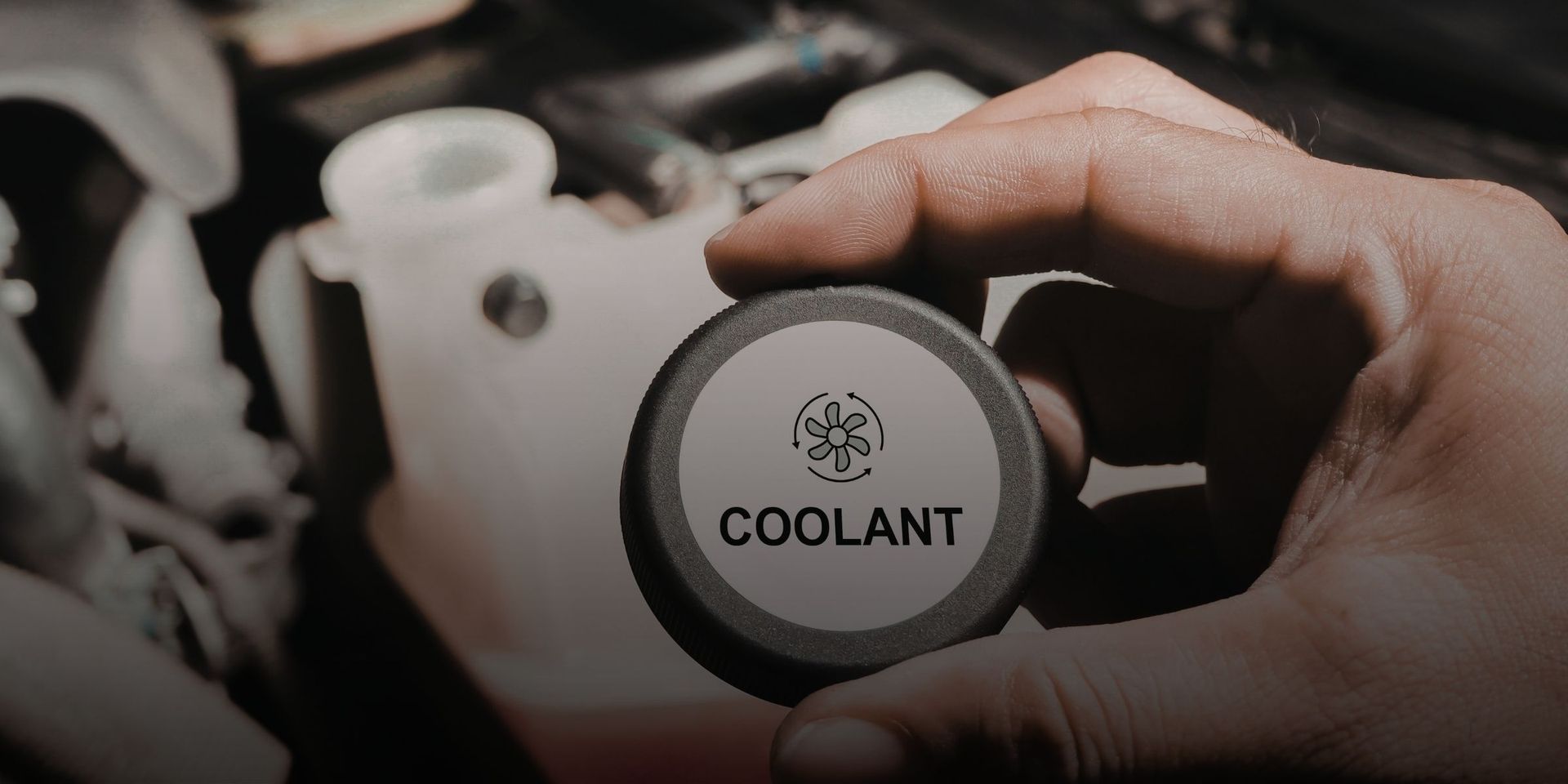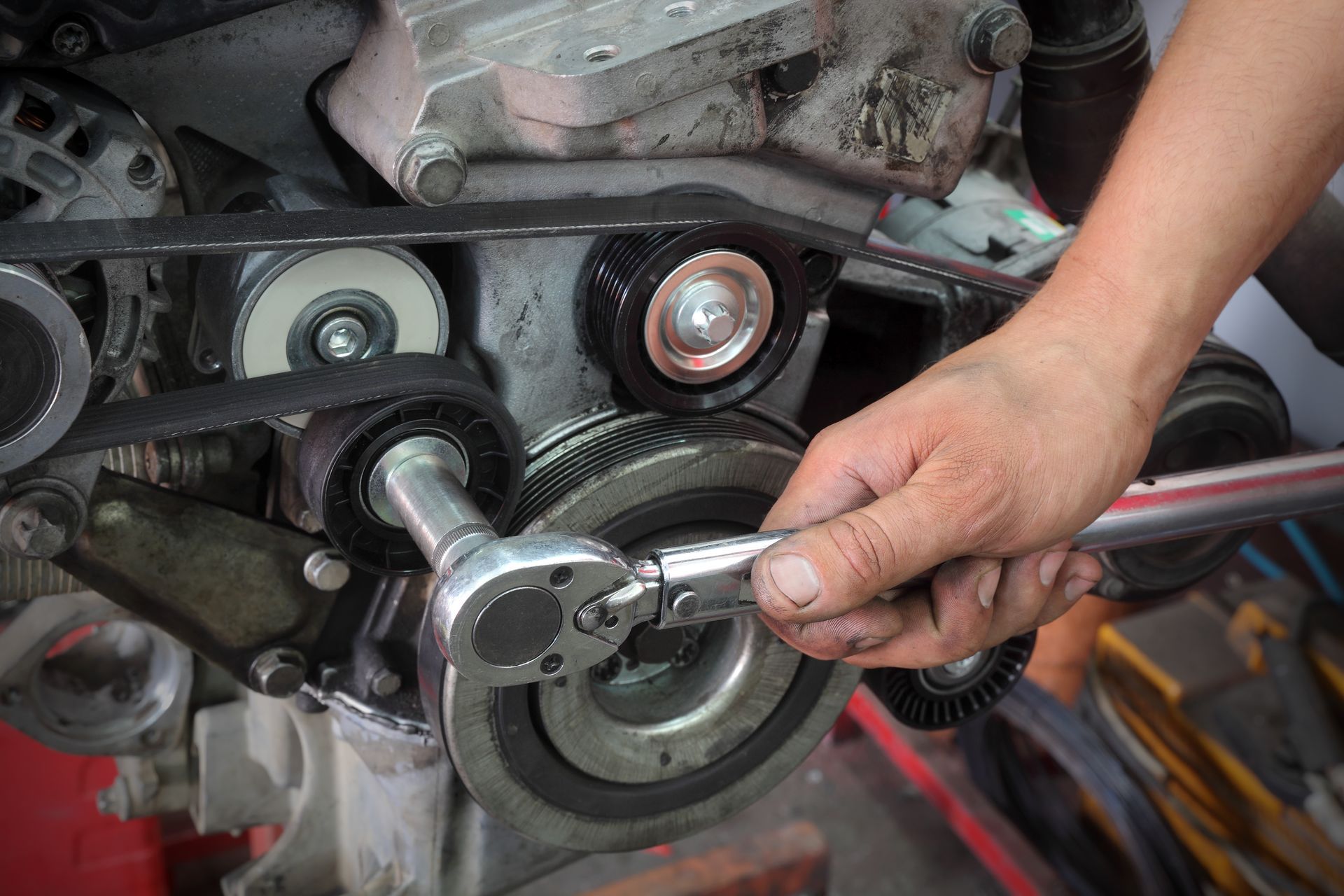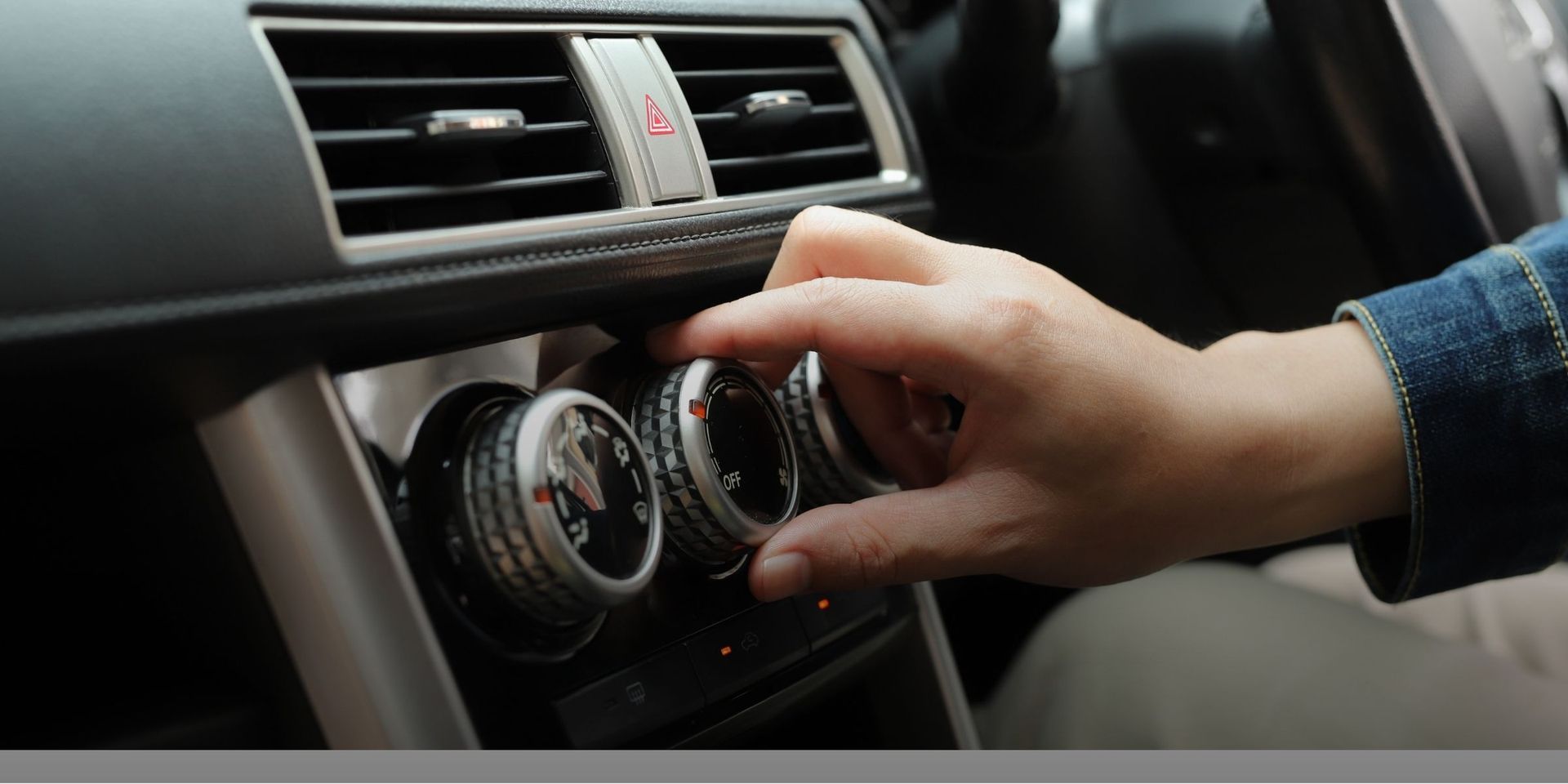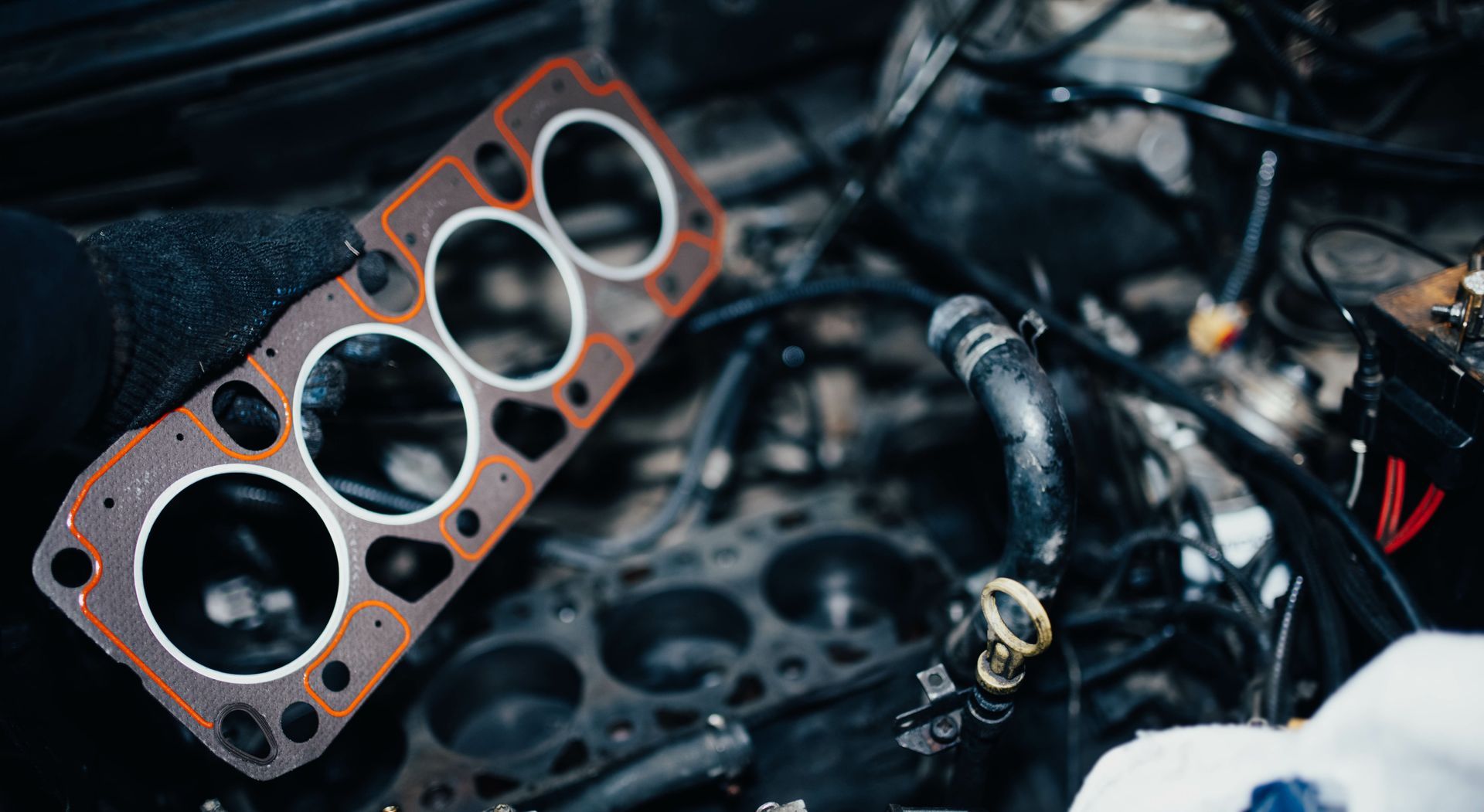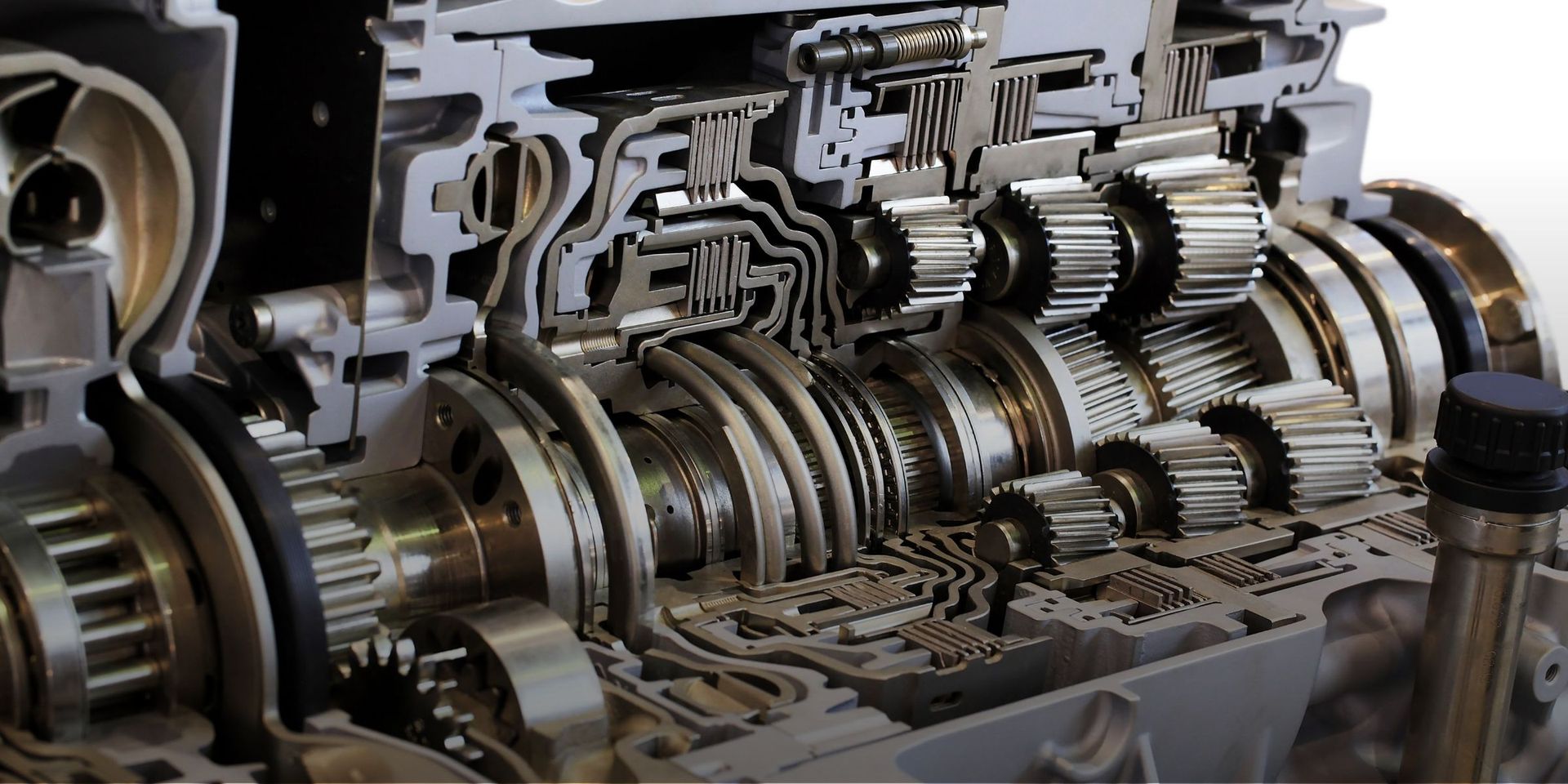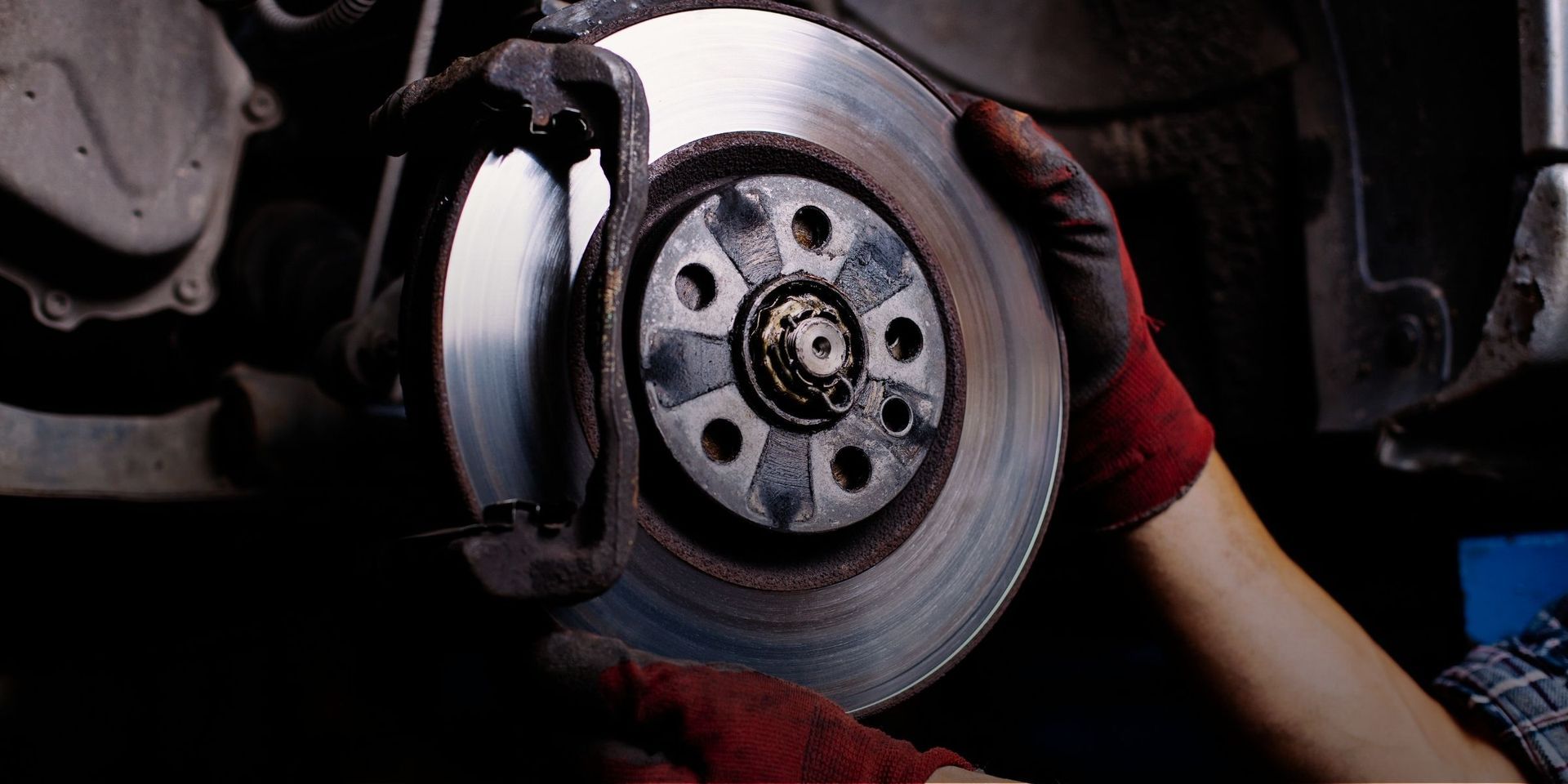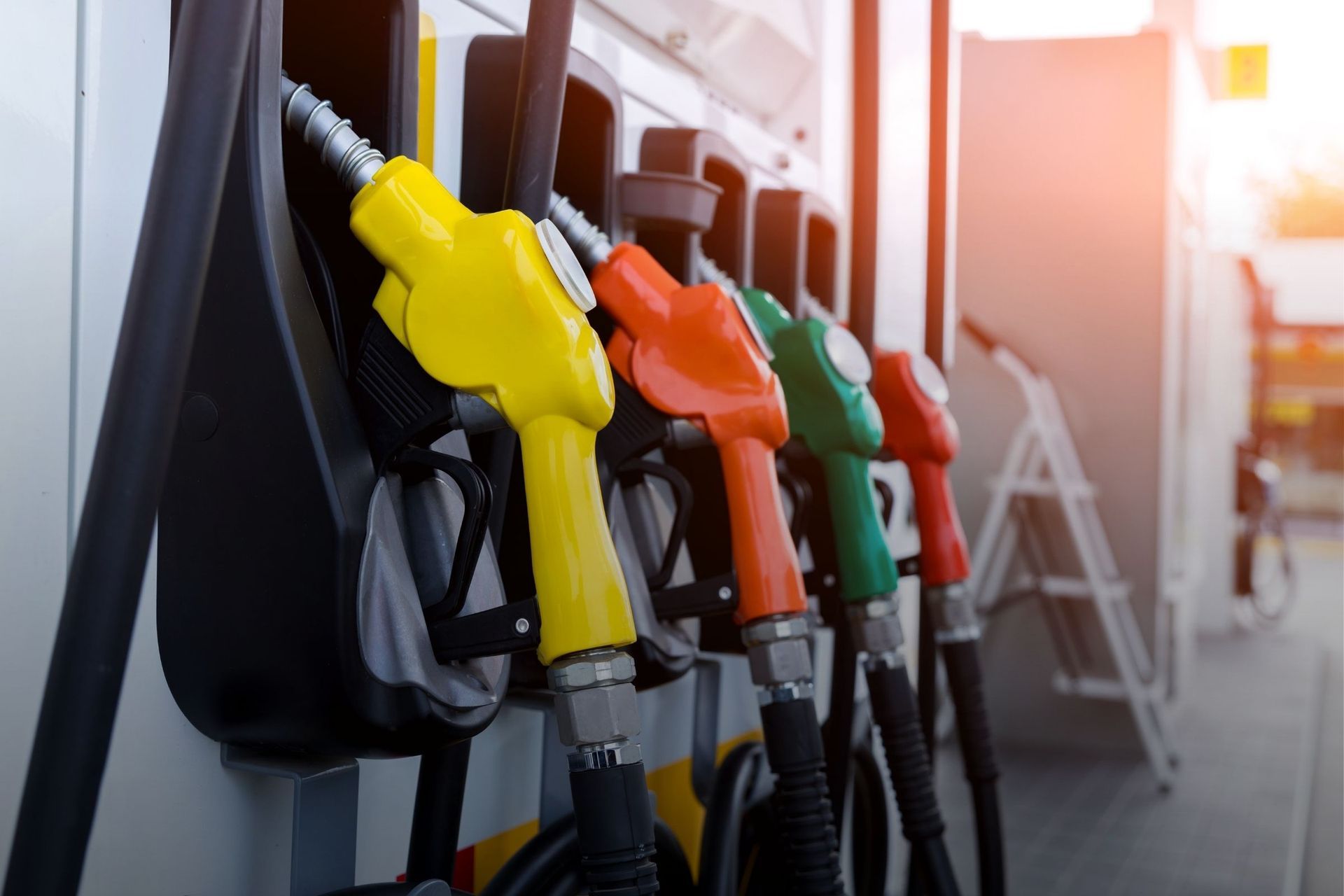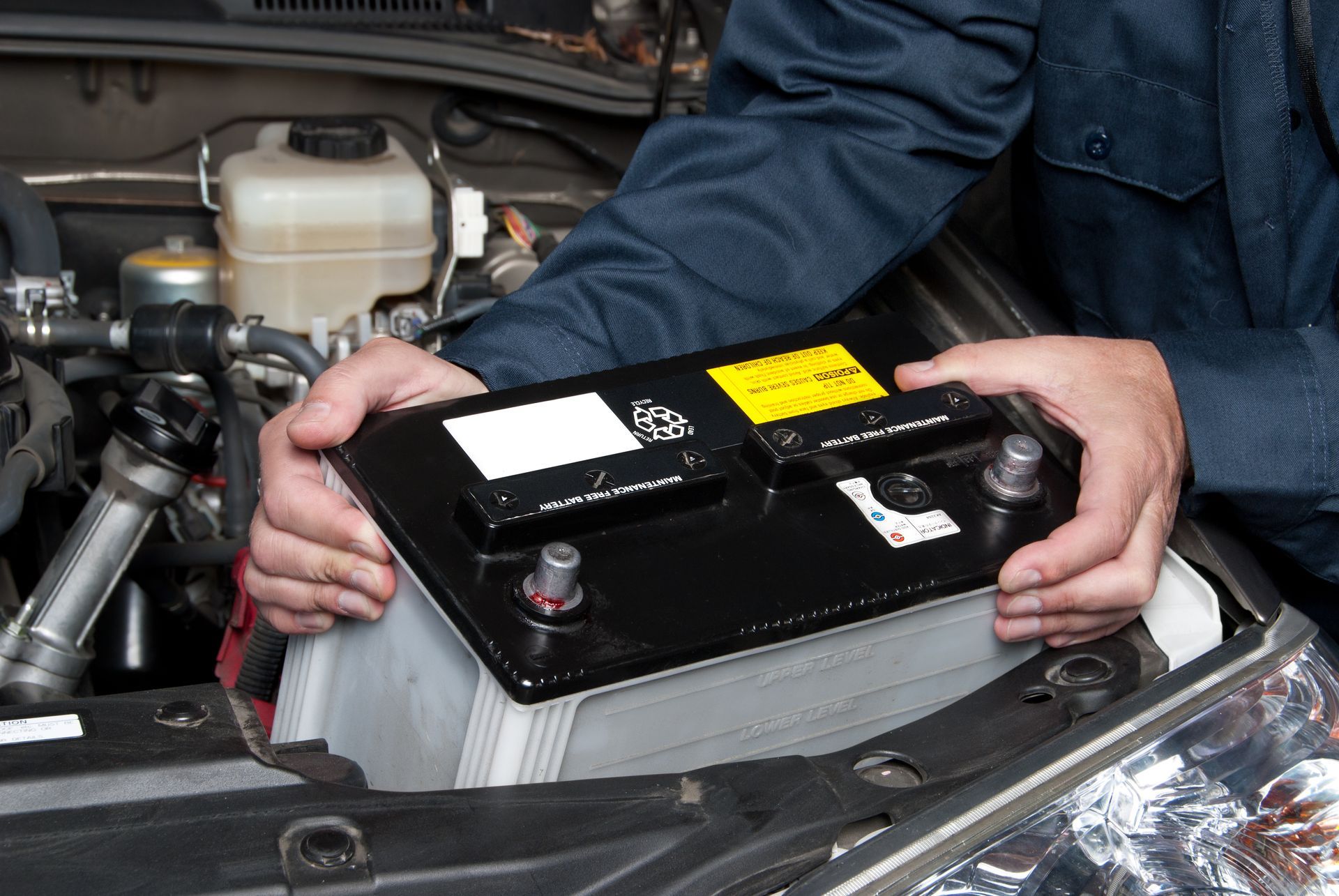Understanding Your Car’s Emissions System (and Why It Matters in Alpharetta, GA)
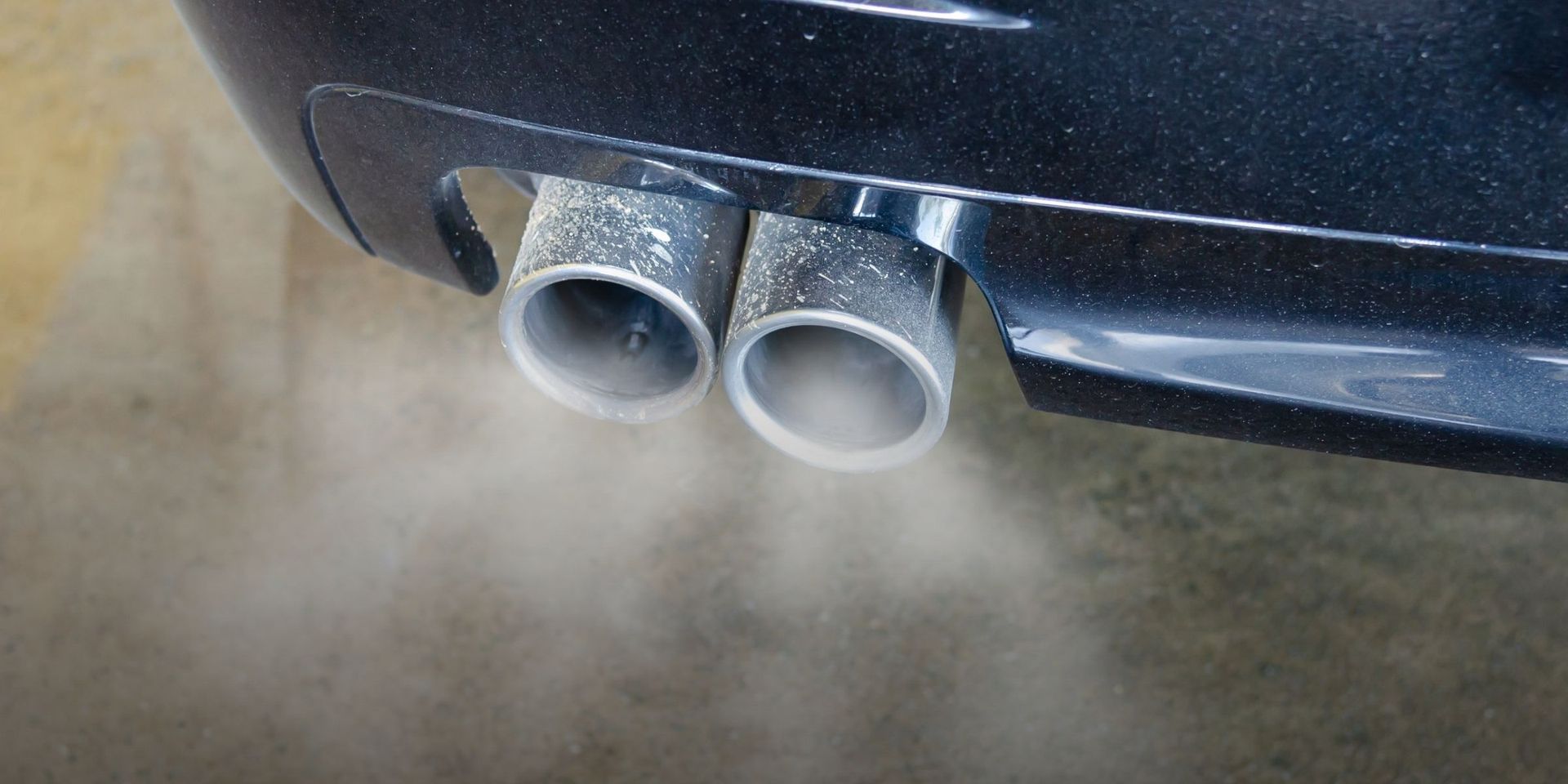
Every Alpharetta driver knows that feeling when the dreaded check engine light flickers on, often at the worst time. In many cases, that warning is pointing to an emissions-related issue.
Your car’s emissions system is a complex network of parts working together to keep pollution low and your engine running efficiently. But when something goes wrong, you’ll notice more than just a failed smog test – you might experience poor performance, strange smells, or reduced fuel economy.
In this post, we’ll break down how the emissions system works, the common signs of trouble, and why timely service is crucial for both engine health and state compliance. Our goal is to provide friendly, professional and transparent insights so you can drive clean and worry-free in Alpharetta, GA.
What Does Your Car’s Emissions System Do?
Your car’s emissions system is its environmental caretaker. It reduces and controls the pollutants that exit your tailpipe, helping to protect air quality and helps your engine burn fuel more cleanly. When fuel combusts in the engine, it produces harmful gases that contribute to smog and respiratory problems. The emissions system’s job is to minimize those pollutants before they reach the outside air.
Key components of your emissions system include:
- Catalytic Converter: Converts harmful gases into less toxic ones.
- Oxygen Sensors (O2 Sensors): Monitor oxygen in the exhaust and helps to regulate the air-fuel mixture.
- EVAP System (Evaporative Emissions Control): Captures fuel vapors from the gas tank and sends them back into the engine.
- EGR Valve: Reduces nitrogen oxide emissions by recirculating some exhaust gases.
- PCV Valve: Helps remove harmful gases from the crankcase and reburns them.
- Purge Valve: Also called EVAP (Evaporative Emissions Control), the purge valve solenoid’s job is to control when fuel vapors stored in the charcoal canister are sent into the engine to be burned.
- Vent Valve: The EVAP vent valve, also called vent solenoid or canister vent is the component that controls fresh air entering the EVAP system. It works together with the purge valve to move fuel vapors from the tank to the charcoal canister into the engine
- Charcoal Canister: The charcoal canister, also called the EVAP canister is the storage unit for fuel vapors that evaporate from the fuel tank.
Together, all these components ensure your vehicle meets emissions standards while maintaining peak engine performance.
Common Signs of Emissions Problems
Watch for these warning signs that may signal an emissions system issue:
- Check Engine Light: Often triggered by oxygen sensor failure, EVAP leaks, or catalytic converter inefficiency.
- Failed Emissions Test: May result from a malfunctioning sensor or worn-out catalytic converter.
- Fuel Smell or "Rotten Egg" Odor: Could point to an EVAP leak or failing catalytic converter.
- Poor Gas Mileage: Often caused by a bad oxygen sensor or rich fuel mixture.
- Loss of Power or Rough Idle: A clogged catalytic converter or faulty sensor can impact drivability.
- Unusual Noises: Rattling or hissing from the exhaust may signal a failing component.
How Emissions Issues Affect Performance
Emissions issues aren't just about passing a test. They can lead to:
- Reduced Engine Power: A clogged catalytic converter restricts exhaust flow.
- Poor Drivability: Misfires or rough idling can be caused by faulty emissions components.
- Decreased Fuel Efficiency: Running rich wastes fuel and overworks the converter.
- Engine Damage: Ignoring emissions problems can create excessive backpressure and heat, damaging the engine.
Emissions Problems vs. Engine Health
While many drivers only think about emissions during the required state inspections, these systems are tied directly to your engine’s health. Addressing small issues now can prevent:
- Expensive catalytic converter replacements
- Long-term engine wear
- Safety risks from stalling or loss of power
Proactive emissions maintenance keeps your car reliable, efficient, and safe year-round.
Simple Emissions Maintenance Tips
Keep your emissions system in shape with these quick fixes/checks:
- Replace failed oxygen sensors when recommended
- Ensure your gas cap is tight and undamaged
- Address check engine lights promptly (see our blog “Check Engine Light? What It Really Means”)
- Use high-quality fuel to prevent buildup in the catalytic converter
Why Choose America’s Service Station (Alpharetta) for Emissions Repair?
- Certified Technicians: Our ASE-certified team provides accurate diagnostics and trusted repairs.
- Complete Exhaust System Service: From sensors to catalytic converters, we handle it all in-house. (See our Exhaust Service Page for more information.)
- Honest Advice: We explain the actual issue and outline your options clearly and transparently.
- Convenient Location: Just off GA-400 on Old Milton Parkway, serving Alpharetta and North Fulton.
Schedule Your Emissions Repairs in Alpharetta, GA
This is paragraph text. Click it or hit the Manage Text button to change the font, color, size, format, and more. To set up site-wide paragraph and title styles, go to Site Theme.

